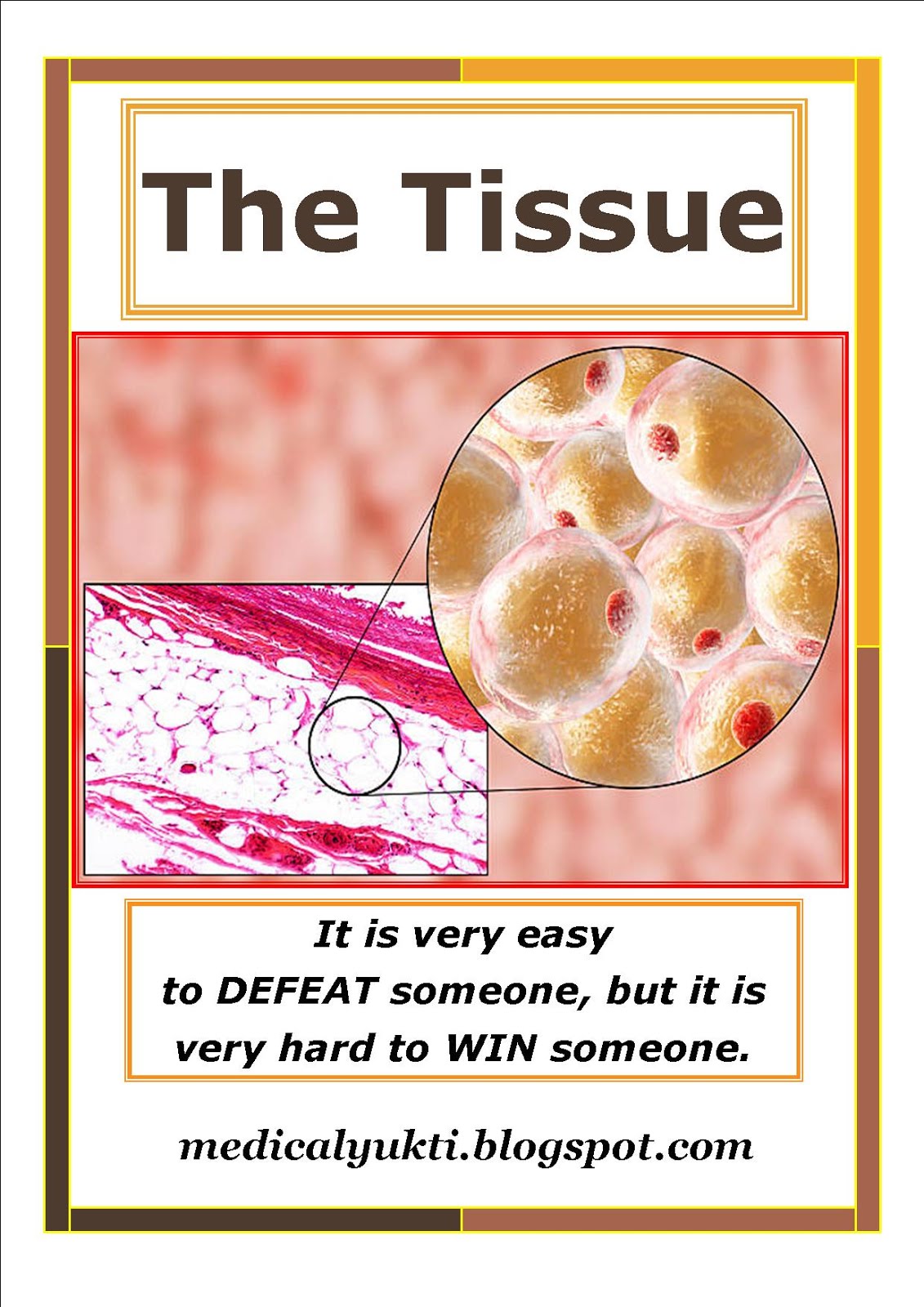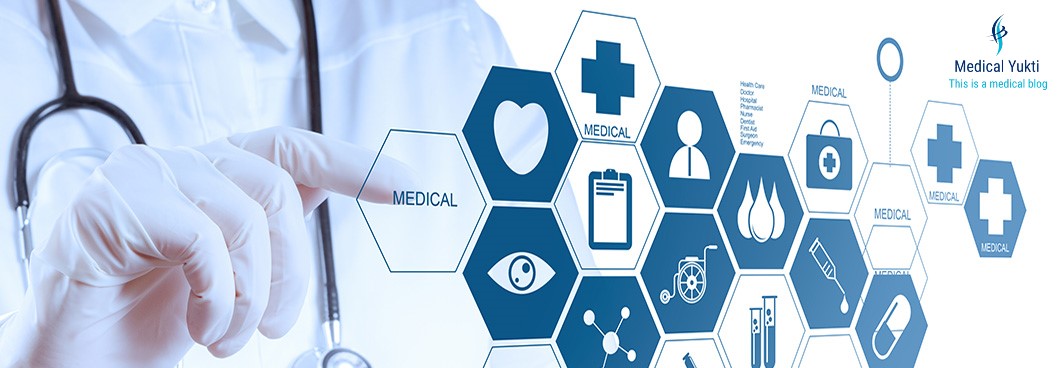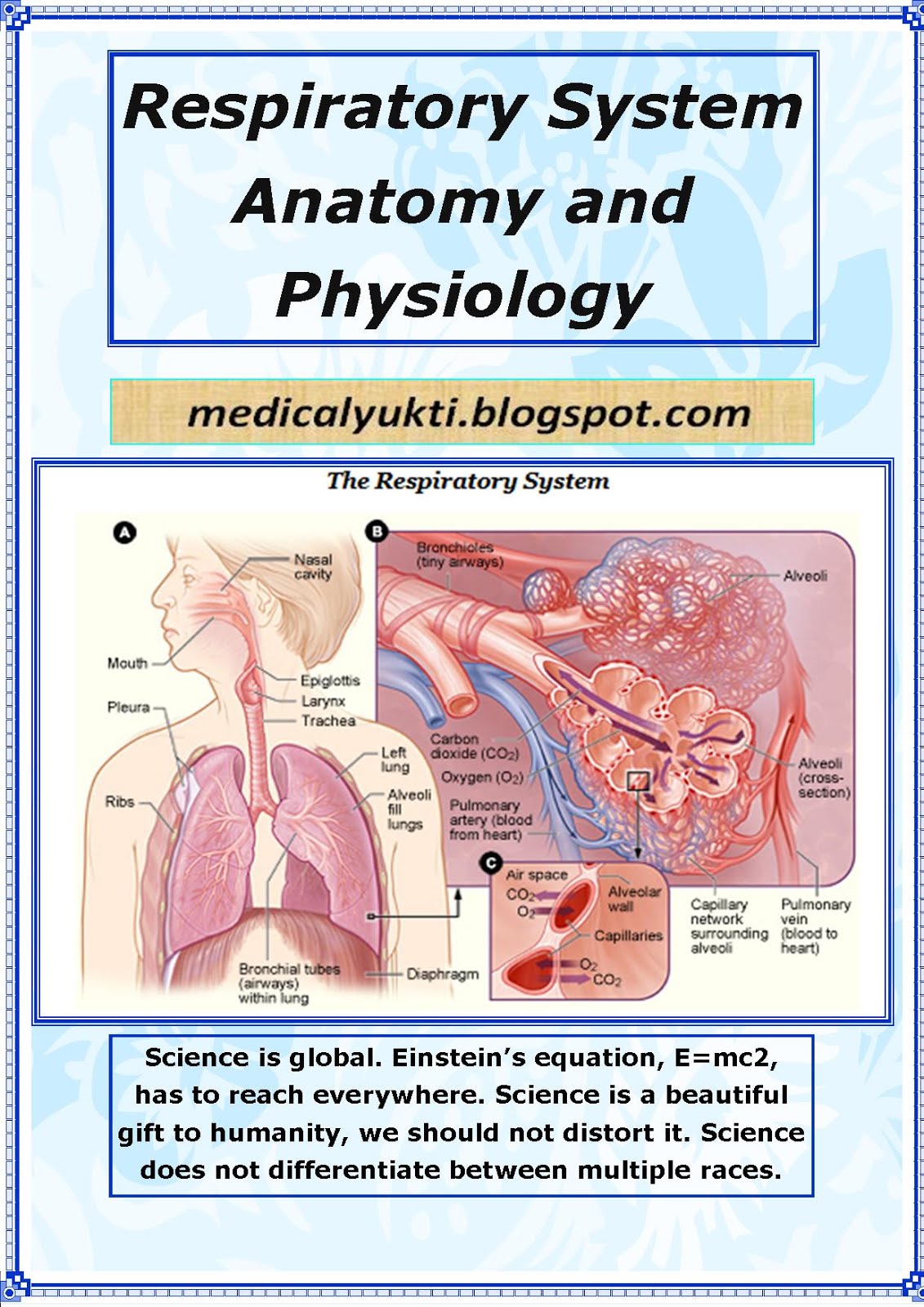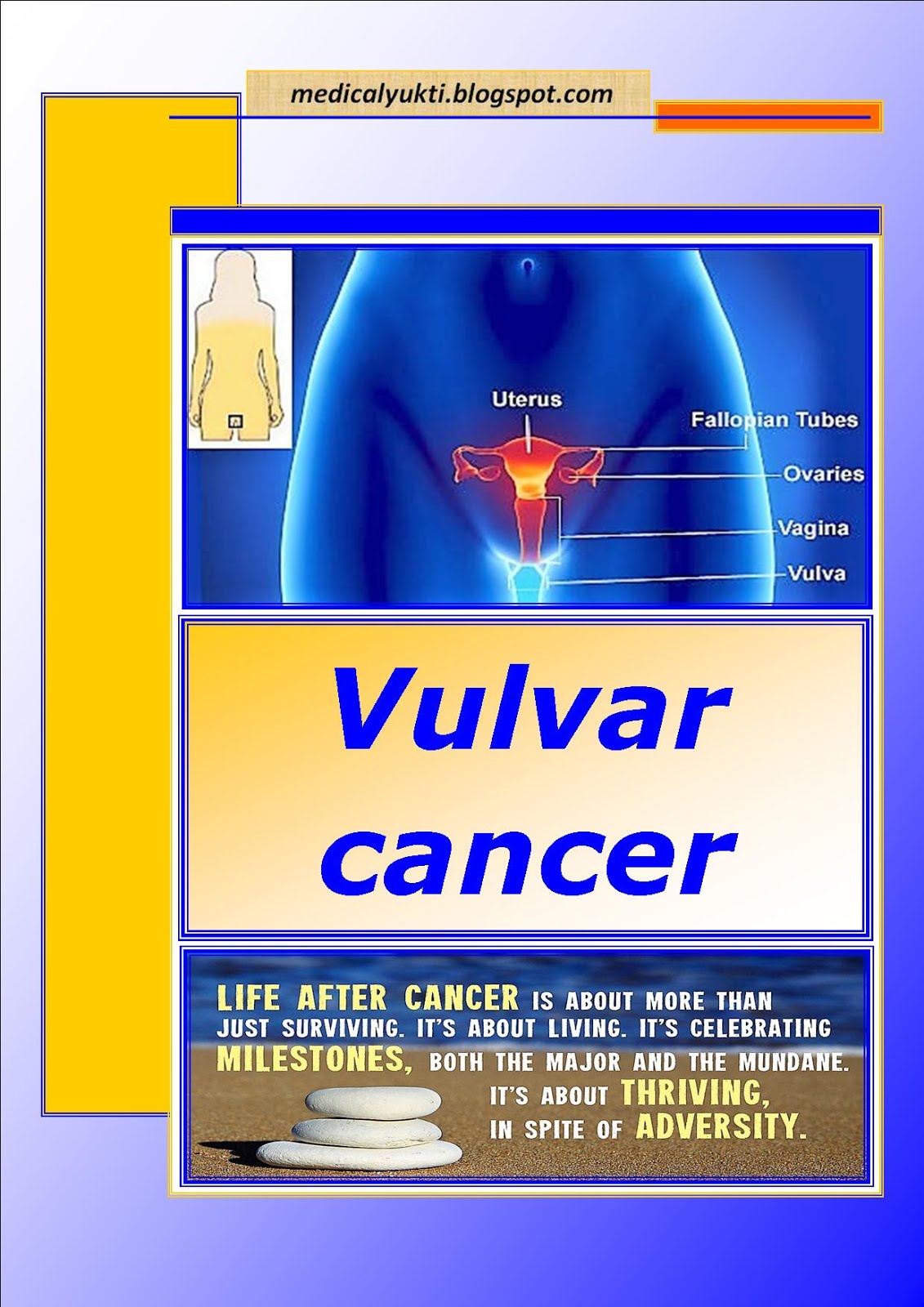The term molecular genetics is now redundant because contemporary genetics is thoroughly molecular. Genetics is not made up of two sciences, one molecular and one non-molecular. Nevertheless, practicing biologists still use the term. When they do, they are typically referring to a set of laboratory techniques aimed at identifying and/or manipulating DNA segments involved in the synthesis of important biological molecules.
Scientists often talk and write about the application of these techniques across a broad swath of biomedical sciences. For them, molecular genetics is an investigative approach that involves the application of laboratory methods and research strategies. This approach presupposes basic knowledge about the expression and regulation of genes at the molecular level.
Philosophical interest in molecular genetics, however, has centered, not on investigative approaches or laboratory methods, but on theory. Early philosophical research concerned the basic theory about the make-up, expression, and regulation of genes.


















































































